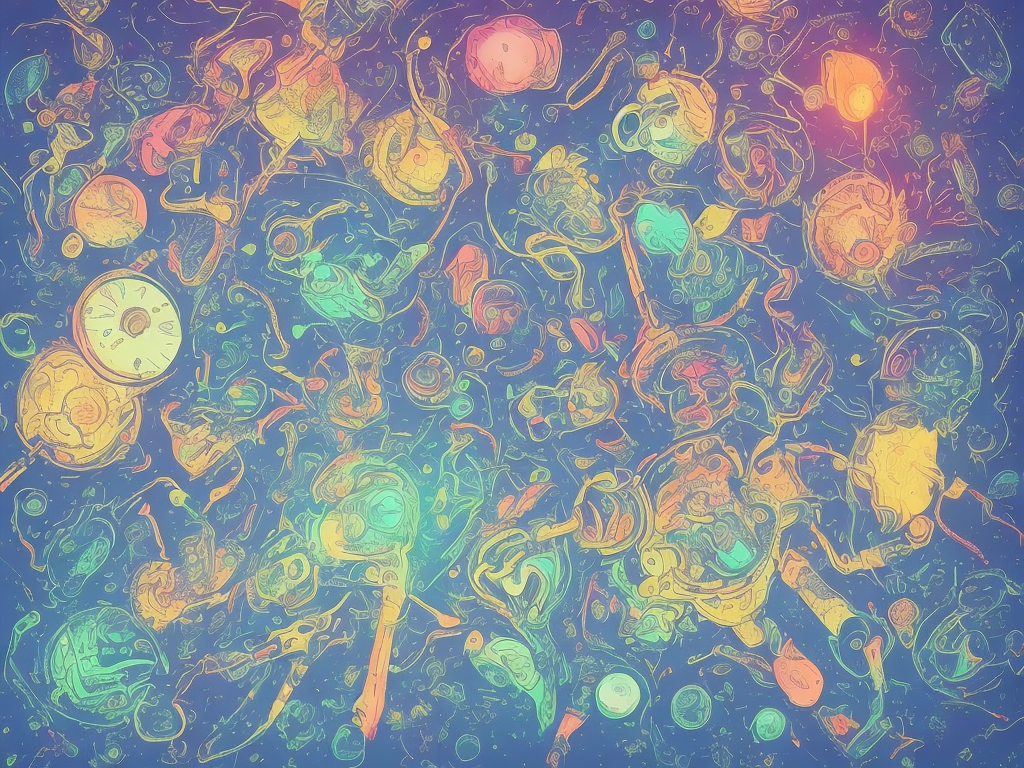
Hiccups, while harmless, can be annoying and disruptive. We have all been there - enjoying a nice meal or trying to have a conversation, only to be interrupted by the sudden spasming of the diaphragm causing us to involuntarily make a sharp, often embarrassing, noise. Fortunately, there are several effective methods to get rid of hiccups and regain control of your body. In this article, we will explore the causes of hiccups, debunk some common myths, and provide you with various remedies to help you bid farewell to these pesky involuntary contractions.
Hiccups occur due to the abrupt and involuntary contraction of the diaphragm muscle, which is responsible for controlling our breathing. This contraction causes the larynx (voice box) to close momentarily, resulting in the characteristic "hic" sound. While the exact cause of hiccups is not fully understood, there are various triggers commonly associated with them. These include eating too quickly, consuming spicy foods, drinking carbonated beverages, overeating, sudden changes in temperature, excitement or stress, and even certain medications.
Before we dive into the different methods to get rid of hiccups, let's debunk some common myths. Holding your breath, drinking water upside down, or experiencing a sudden scare are popular remedies passed down through generations. However, there is limited scientific evidence supporting these strategies. Holding your breath may create a temporary distraction, but hiccups usually return once you resume regular breathing. Similarly, drinking water upside down or having someone scare you might alter your breathing pattern, but there is no substantial evidence to suggest they are reliable remedies.
Now that we have busted some myths, let's explore five effective methods you can try to banish hiccups. Experiment with these techniques to find the one that works best for you:
1. Diaphragm exercises: One of the most effective ways to stop hiccups is to reset the diaphragm muscle. Take a deep breath and exhale as much air as possible, then hold your breath for as long as you comfortably can. This exercise allows the diaphragm to relax and can break the hiccup cycle.
2. Sip cold water: Slowly sipping icy cold water can help stimulate the vagus nerve, which is connected to the diaphragm. The cold temperature acts as a shock to the system, interrupting the hiccup reflex and providing relief.
3. Swallowing granulated sugar: While the mechanism behind this remedy is unclear, many people claim that swallowing a teaspoon of granulated sugar can halt hiccups. Sugar may stimulate the throat, which triggers the swallowing reflex and interrupts the hiccup cycle.
4. Breath control techniques: Similar to diaphragm exercises, focusing on your breathing pattern can help alleviate hiccups. Take slow, deep breaths, counting to four as you inhale, holding your breath for a few seconds, and then exhaling slowly. Repeat this process until the hiccups subside.
5. Digital rectal massage: This method may sound unusual, but it has been reported to be effective in stopping hiccups. Gently massaging the rectum for a few seconds stimulates the vagus nerve and can provide relief. However, this technique may not be suitable for everyone and should be approached with caution.
In addition to these specific techniques, there are general practices that may help prevent and alleviate hiccups. These include avoiding overeating and eating too quickly, as both can cause the stomach to distend and irritate the diaphragm. It is also advisable to consume carbonated beverages and spicy foods in moderation, as they can trigger hiccups in susceptible individuals. Additionally, managing stress levels through relaxation techniques, such as deep breathing exercises, meditation, or engaging in enjoyable activities, may also help minimize the frequency of hiccups.
If none of these remedies provide relief and your hiccups persist for an extended period, it may be worth consulting a healthcare professional. Persistent hiccups could be a symptom of an underlying medical condition, such as gastroesophageal reflux disease (GERD), nerve damage, or certain medications. Your healthcare provider can evaluate your symptoms and recommend appropriate treatment options.
In conclusion, hiccups may be bothersome, but they can usually be resolved using simple and accessible techniques. By trying a combination of diaphragm exercises, sipping cold water, swallowing sugar, employing breath control techniques, or even attempting a digital rectal massage, you can bid farewell to hiccups and regain control over your body. Remember to adopt healthy eating habits, regulate your consumption of triggering substances, and manage stress levels to prevent hiccups from recurring.
 Self-Instruct
Self-Instruct